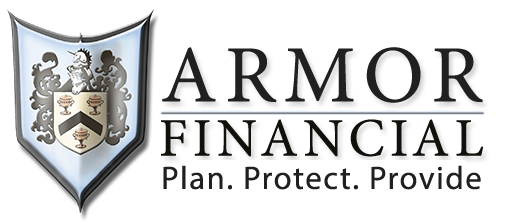Greetings! I hope that this finds you well and enjoying life!
My experience has been that if a retiree hasn’t started taking money out of an IRA until they are “required” to, they don’t need the money and as having to take the distribution triggers income tax, they usually aren’t too happy about the experience. And although the necessary distribution starts out small at 3.65%, it does increase each year making the pain of having to take it out and pay the tax on it one that doesn’t go away. So if you don’t need the RMD to sustain your lifestyle it’s a good idea to get creative with it, put a positive spin on it and make the best of the situation. Here are some ideas you can use for the RMD to benefit yourself tax-wise down the road and or benefit your heirs.
Use the RMD proceeds to convert a portion of your IRA to a Roth IRA, which would allow those funds to grow tax-free and keep them free from RMD’s in the future. The Roth IRA is also a much more beneficial asset for an heir to inherit than a traditional IRA is.
Another option would be to gift the amount of the RMD to children or grandchildren for them to use to fund a Roth IRA or to use to pay the taxes necessary to convert their IRA to a Roth. There are a number of potential benefits here, as they may be in a lower tax bracket and have a longer time horizon to grow the account tax-free. Also, they won’t be subject to RMD’s on their own Roth, like they would be if they have an inherited Roth that they receive at your death.
A third option is the RMD can be used to fund a life insurance policy which would leverage up the amount that your heirs receive. Life insurance also enjoys the benefit of being received income tax-free. A further benefit is that certain life insurance policies allow the death benefit to be paid out during life for long-term care purposes if long-term care is needed.
A fourth option is to donate the RMD to charity it’s called a qualified charitable distribution. If you regularly give to charity this may be a better, more tax-efficient way to do it than writing them a check. By making a “direct transfer” from your IRA to a qualified charity, this eliminates the RMD income from your tax return. Furthermore, it can reduce the related loss of deductions, credits and exemptions that can come about because of the higher income the RMD creates.
The word required pretty much sums up the dynamic behind the forced IRS transaction and let’s face it, as humans we don’t like most things that are required of us. Making the best of the situation, by being tactical and strategic based on your personal situation helps to take the sting out of it.
If we can provide additional information about RMD’s or help in any way with your retirement planning don’t hesitate to call.
Best regards,
Jeff Christian CFP, CRPC
Success is not so much what we have as it is what we are.
Jim Rohn
